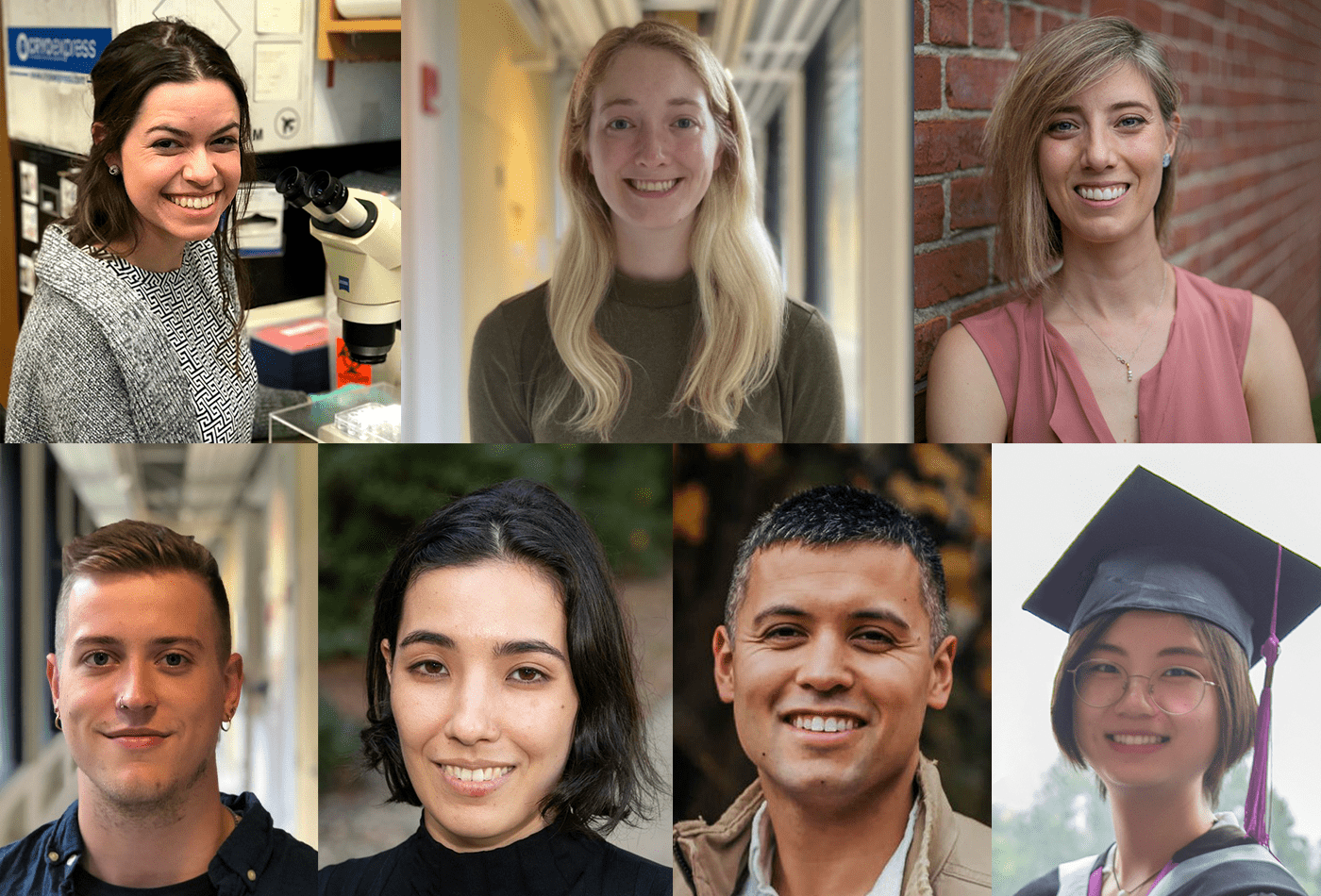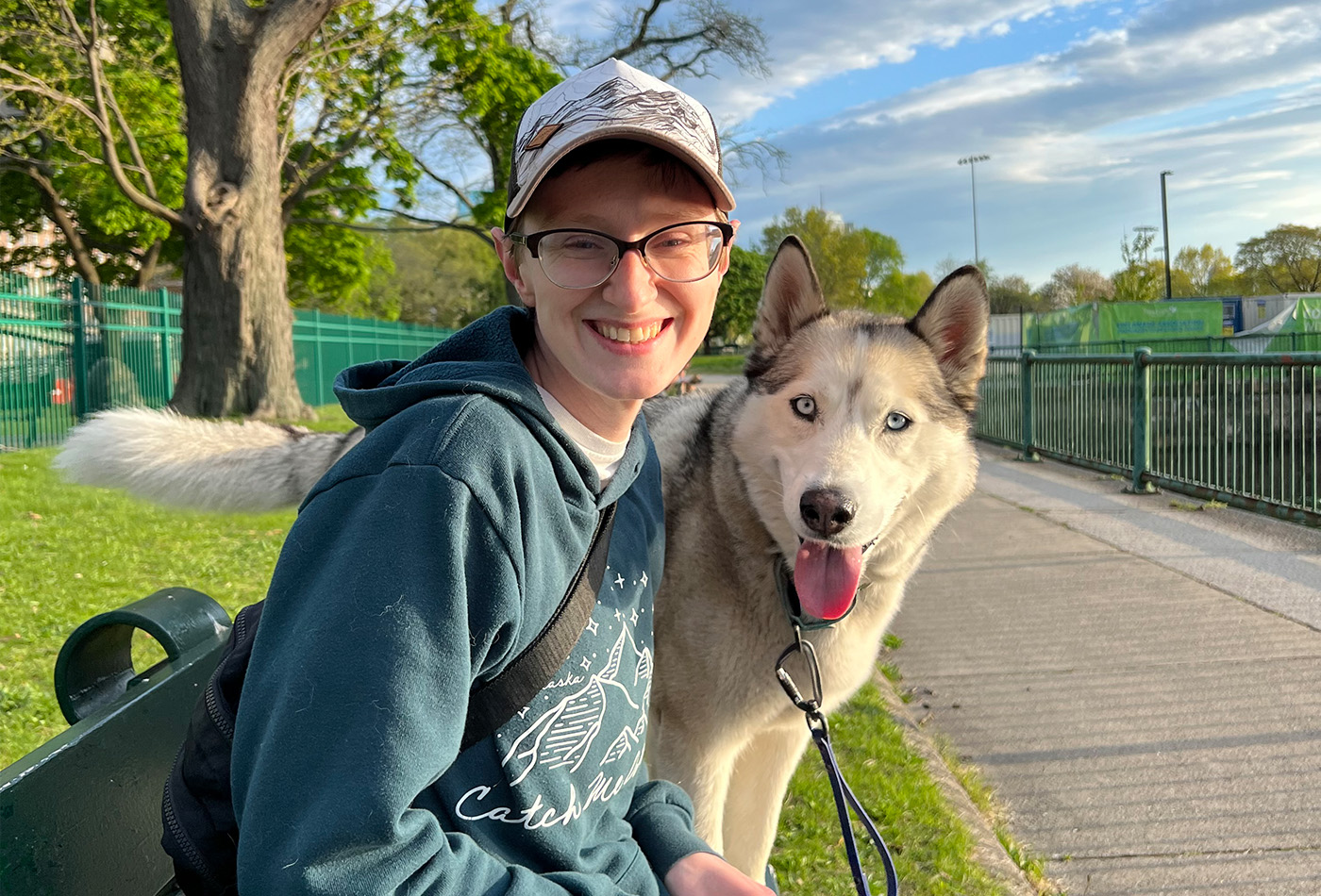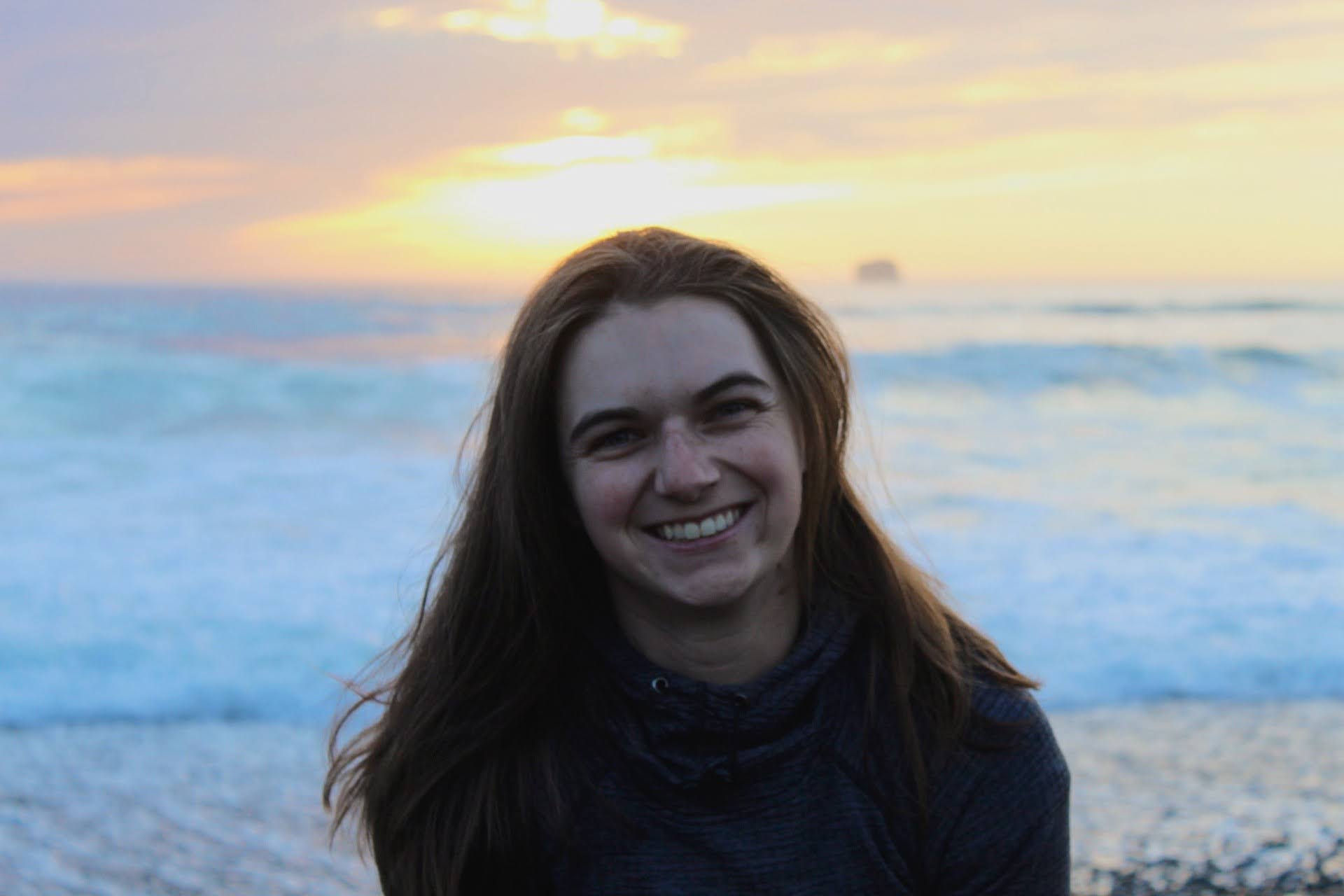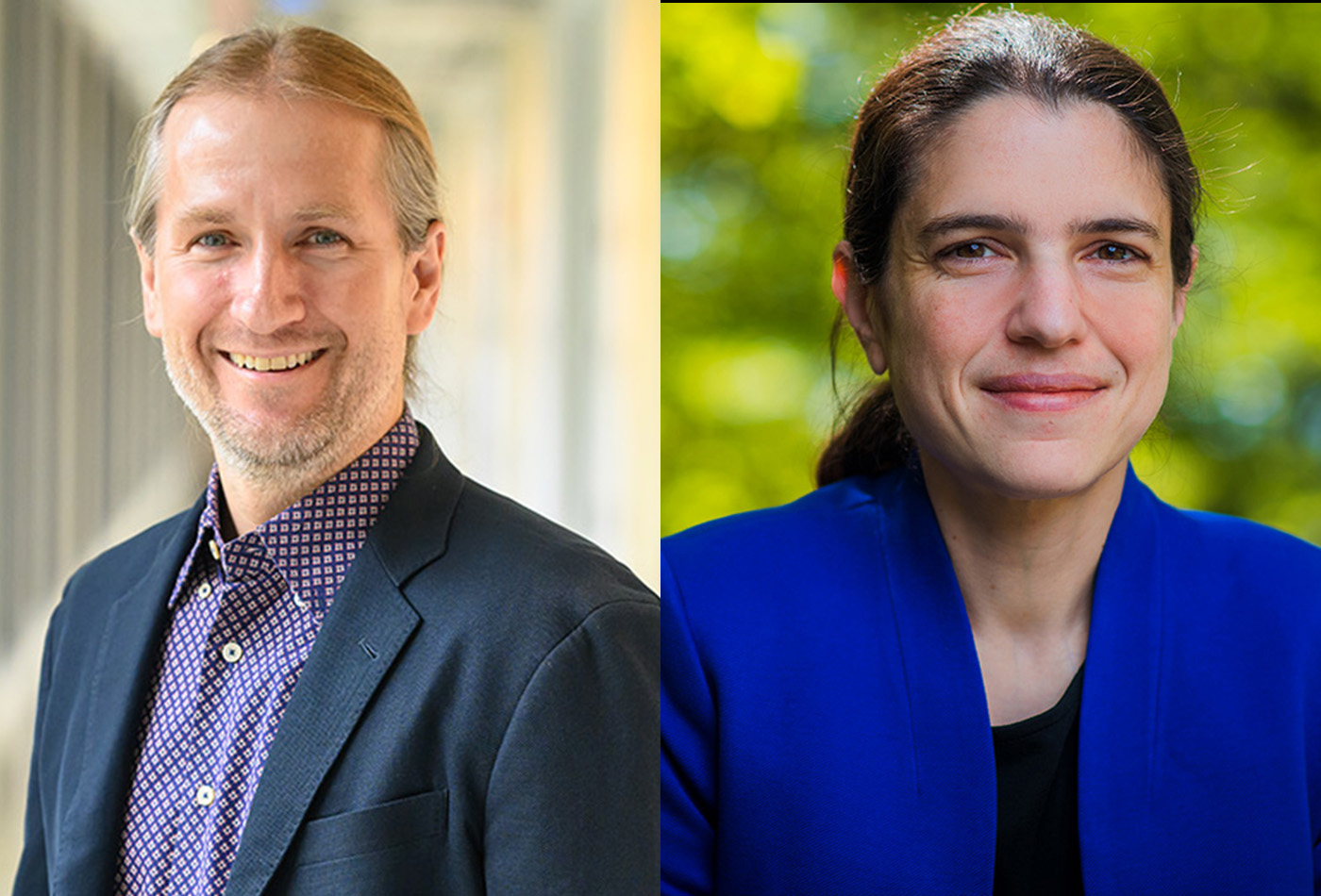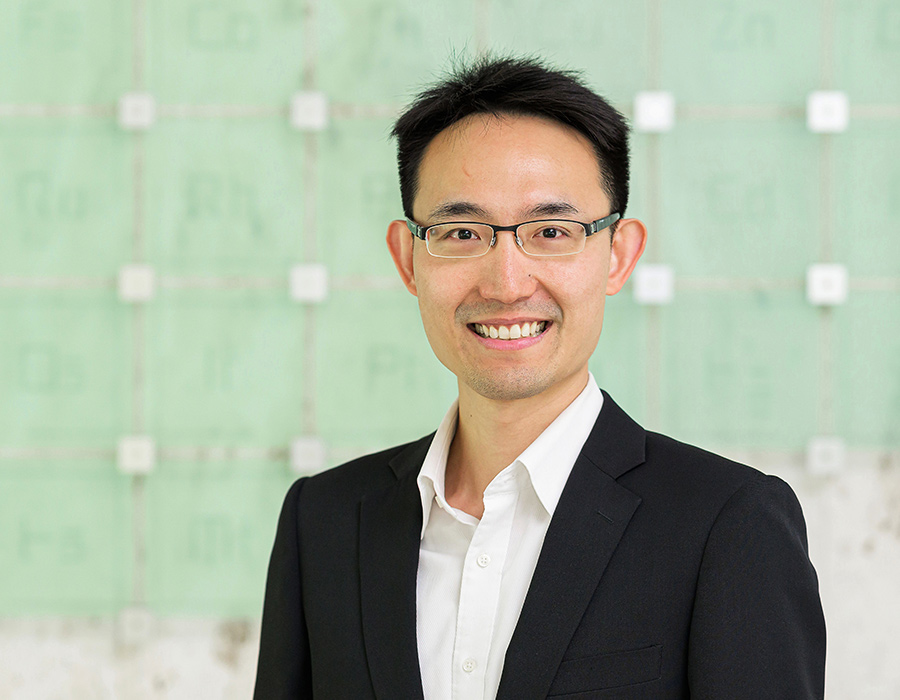Members of the Chemistry Community receive Fall 2021 Mentorship Spotlight Award
The seven winners were nominated by students, postdocs, faculty, and staff in recognition of their exceptional commitment to mentorship.
Seven members of the Department of Chemistry community have been honored with the department’s semi-annual Mentorship Spotlight Award. Established in 2020, this award recognizes individuals who demonstrate exceptional commitment to fostering a positive working environment for those around them, leading by example, and generally demonstrating outstanding mentorship. Each winner will be presented with a prize in the form of a crystal award and a monetary sum.
The winners of the Fall 2021 Mentorship Spotlight Award are:
Lindsey Backman
Graduate student Lindsey Backman’s dedication to the success of her mentees, both academically and on a personal level, shone amidst the challenges of mentoring virtually. A National Science Foundation Graduate Research Fellow, Howard Hughes Medical Institute Gilliam Fellow, and MIT Hugh Hampton Young Fellow, Backman has a track record of empathy and insight, and has been called a role model who makes an impactful difference in the lives of those she mentors.
“My overall philosophy on mentorship is to foster creativity, excitement, and ownership over scientific questions while creating a personally supportive environment. People will do their best science when they feel cared about and supported,” says Backman. “I know that I would not be at this stage in my career if it were not for the mentors who believed in me, and I therefore feel it is my responsibility to do the same for future generations of scientists.”
Backman is deeply passionate about uncovering new chemistry in the human microbiome. As a member of Professor Catherine L. Drennan’s lab, she has solved structures of new members of the glycyl radical enzyme superfamily—a family of enzymes that are abundant in the human gut microbiome and perform challenging, radical-based chemical reactions—and probed how these enzymes operate at the atomic level.
Carolyn Barnes
Second-year graduate student Carolyn Barnes was nominated for selfless service and inclusive mentorship within the Women In Chemistry+ (WIC+) program and of an international undergraduate student. As a teaching assistant, she goes the extra mile to increase students’ sense of belonging. Barnes also uses her free time to assist others with their applications for the same once-in-a-lifetime experience that she had as a Fulbright Scholar.
“I have been lucky to receive great mentorship from the people I work with. This has motivated me to give back to those around me by providing advice when I can and sharing my excitement for the research I am doing,” Barnes says. “I have been largely motivated to making sure students are involved in the research process, receive help most beneficial to them, and have avenues to take ownership of the work they are most excited about.”
Barnes research in Professor Laura L. Kiessling’s lab focuses on synthesizing and evaluating mucin-mimetic materials. Mucins are large heavily glycosylated proteins that make up mucus and help protect us from the thousands of pathogens we encounter daily. Carolyn studies how variables affect the physical properties and biological activity of mucin-mimetic polymers and how these materials may one day be used to treat or prevent infections or act as therapeutics.
Adele Gabba
Postdoctoral researcher Adele Gabba brings “joy and light” into the lab with her enthusiasm and drives positive change through frequent communication about the practices or culture in the lab space. Outside of the research realm, she often organizes community-building activities such as Climb Like A Girl, Rock Like A Scientist, an indoor climbing event that brought together female-identifying scientists.
Gabba’s mentorship style is informed by self-refection and an understanding that different people respond best to different mentorship styles. “I believe that mentoring is mainly about learning and listening to your mentees’ dreams or fears, learning about their inner “why” or its absence, learning about what scientific questions attract them, and about how they see themself contributing to something bigger,” she says.
“Mentoring for me means building a relationship of trust and working together to define and reach goals so that mentees can take pride and ownership of their achievements and grow as a scientist but mainly as a person,” says Gabba.
As the Marie Sklodowska-Curie postdoc in the Kiessling lab, Gabba explores the co-engagement of multiple receptors on immune system cells using polymeric platforms.
Keith Husted
Described as a “go-to” person for advice on a wide range of topics from work-life balance to story-telling in presentations, fourth-year graduate student Keith Husted challenges mentees while supporting them with dedication, flexibility, and kindness. In addition to fostering a friendly and inclusive environment by coordinating social events, he also volunteers as a member of MIT ChemREFS (Resources for Easing Friction and Stress), a group of graduate students who are trained and certified in conflict mediation and resolution.
Husted’s approach towards mentorship relies on a few simple beliefs: “Little victories are almost always worth celebrating, good collaboration helps everyone involved, rest is just as important to productivity as hard work, and mistakes are a good thing because they are the fastest way to learn,” says Husted. “In short, even when the goal is producing lots of results, self-care is often the most important step.”
As a member of Professor Jeremiah A. Johnson’s lab, Husted works mainly on two disciplines of polymer chemistry; developing degradable crosslinked plastics in the interest of sustainable materials, and developing self-assembling statistical copolymers for high-performance applications. Beyond that, Husted is interested in collaborating with people across all sorts of polymer-related projects and enjoys being part of multidisciplinary teams.
Daria Kim
Postdoctoral researcher Daria Kim has been called “a brilliant-minded individual with immense curiosity and a constant openness to help uplift those around her.” She is recognized as a leader in her lab community, setting high standards for safety and experiment execution; more importantly, Kim is known for patient guidance and confidence-building of those she mentors.
“Time management, creativity, effective communication, and a solid understanding of organic structure and reactivity are the skills I prioritize building in mentees,” says Kim. “My goal as a mentor is to understand the unique strengths and interests of each student and find ways to tap into these qualities within the context of our shared research project.”
Kim’s research in the Kiessling lab is focused on developing new chemical methods for site-selective labeling of biological glycans, chain-like structures composed of monosaccharides. Glycans are ubiquitous and play important biological roles, yet chemical methods for probing their structure and function within cells remain limited. In addition to formulating a new, generalizable strategy for glycan modification, the group’s studies serve as a platform for developing new chemoselective labeling agents for other privileged monosaccharides.
Dylan Suvlu
Postdoctoral researcher Dylan Suvlu is an exceptional mentor who plays an active role in offering research support or life advice while balancing family and professional commitments. Nominators describe his efforts as invaluable to junior graduate students during the COVID-19 pandemic. He has even exceeded mentorship expectations by selflessly allocating personal resources to enable the professional development of his mentees.
Suvlu believes that mentorship adds an enriching dimension to the graduate school experience. “I have benefited from many supportive mentors who changed my life and with whom I have formed lasting friendships,” he says. “It is very fulfilling to play a small part in this ecosystem at MIT and have the same opportunity to impact others positively—to pay it forward.”
Suvlu’s research as a member of Professor Adam Willard’s group is focused on interfacial electrochemistry. The Willard group uses theory and computer simulations to investigate the molecular-scale heterogeneity induced by complex interfaces and how it influences interesting chemical phenomena.
Wencong Wang
Fifth-year graduate student Wencong Wang has supported other group members through personal and professional challenges, making a special effort to connect with those physically distant and isolated during the COVID-19 pandemic. Her readiness to provide counsel on navigating the job market, interpersonal conflicts, and graduate school in general were especially noted as a wonderful example of women supporting women.
“Graduate school is a wonderful journey for scientific development, but it can be challenging without a well-rounded support system,” says Wencong. “I received guidance and help from mentors during my formative years and enjoy offering the same support to junior PhD students as my mentors offered to me. Mentorship is crucial for creating a positive, inclusive, and safe environment to assist both the scientific and mental development of a young researcher.”
As a member of the Johnson lab, Wencong works on projects utilizing the efficient synthetic strategy of Iterative exponential growth (IEG) to synthesize discrete macromolecules with different tunable structural parameters. This platform enables the exploration of structure-property relationship in various biological and materials applications.

